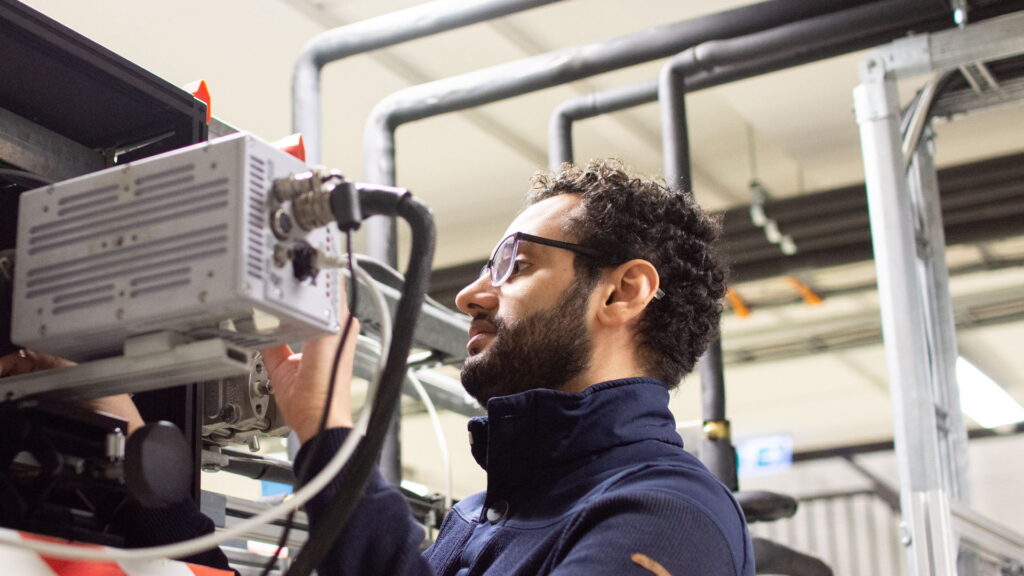
Decoding CO2 Behavior
In my PhD I study the behavior of CO2 during pipeline transportation, which is a stage required in Carbon Capture and Storage.
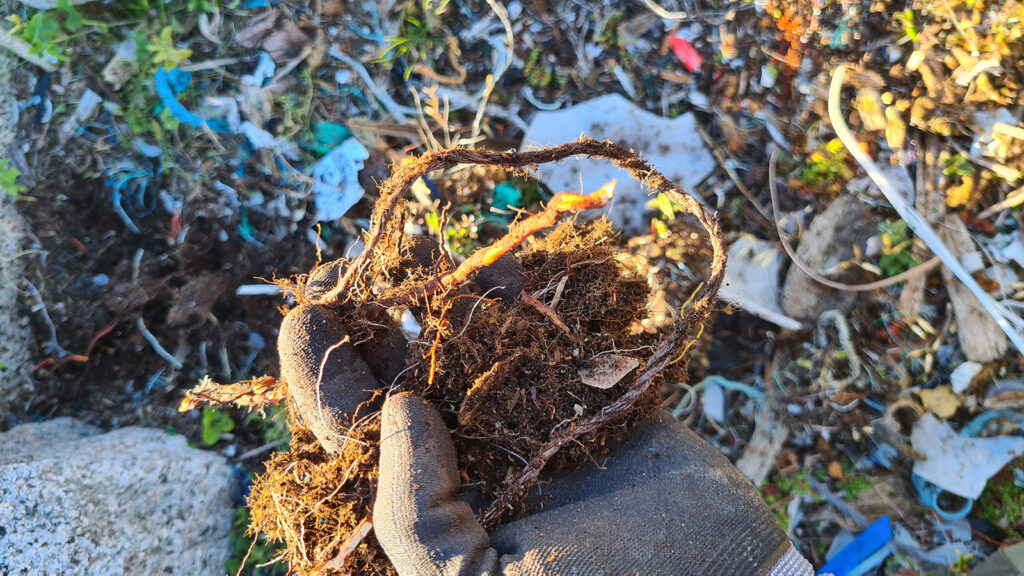
Unveiling Solutions: Plastdagen 2023’s Dive into Plastic Pollution Research
The 2023 edition of Plastdagen (Plastic Day in English), held in Trondheim’s Dokkhuset, was a testament to the shared commitment of industry, academia, and scientific research to address the environmental impacts of plastics and pave the way for a sustainable future.
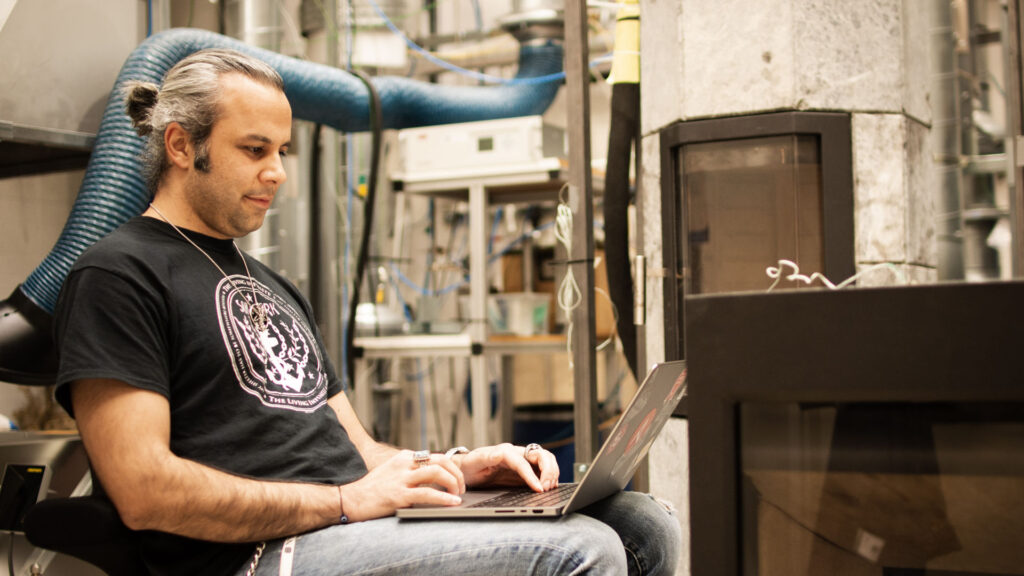
Wood Stoves for Cutting Electricity Costs and Preventing Unnecessary Expansions of the Electricity Grid
My goal in this project is to investigate wood-burning stoves with the aim of reducing electricity expenses and averting unnecessary expansion of the electricity grid.
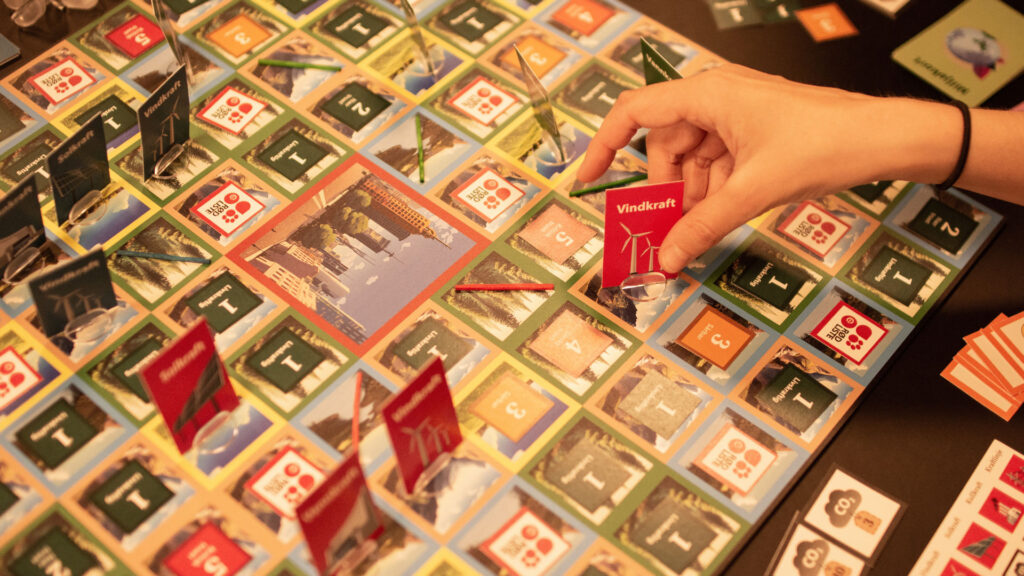
Drawing the line: the perils of power lines on bird richness
What are the Norwegian energy system’s impacts on our local biodiversity? Our research project aims to find out, and to present our research, we created a board game.
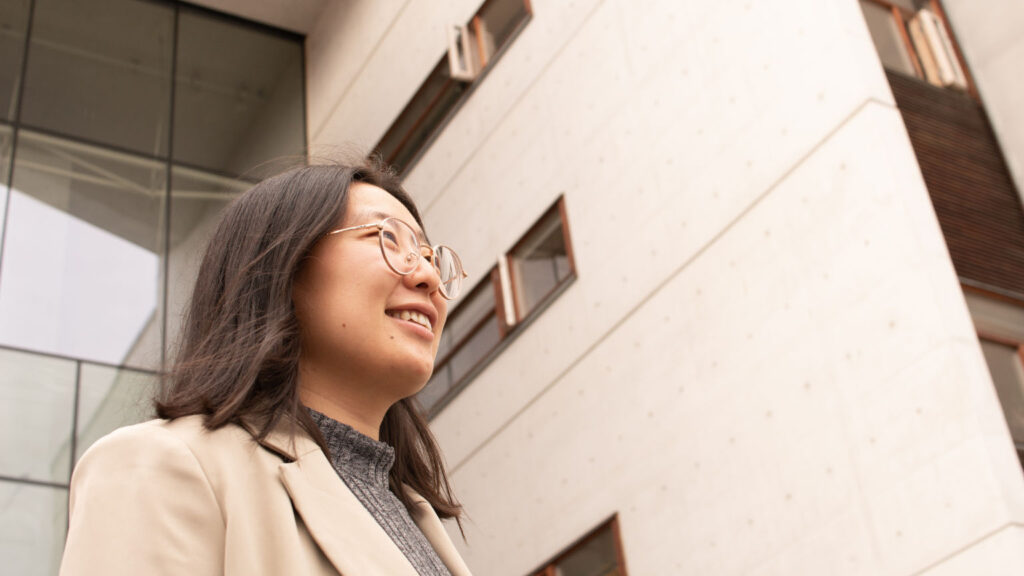
Buildings: do not break or make, but repurpose
I am exploring how buildings adapt to demographic changes, with the aim to develop scenarios to project future needs for building.
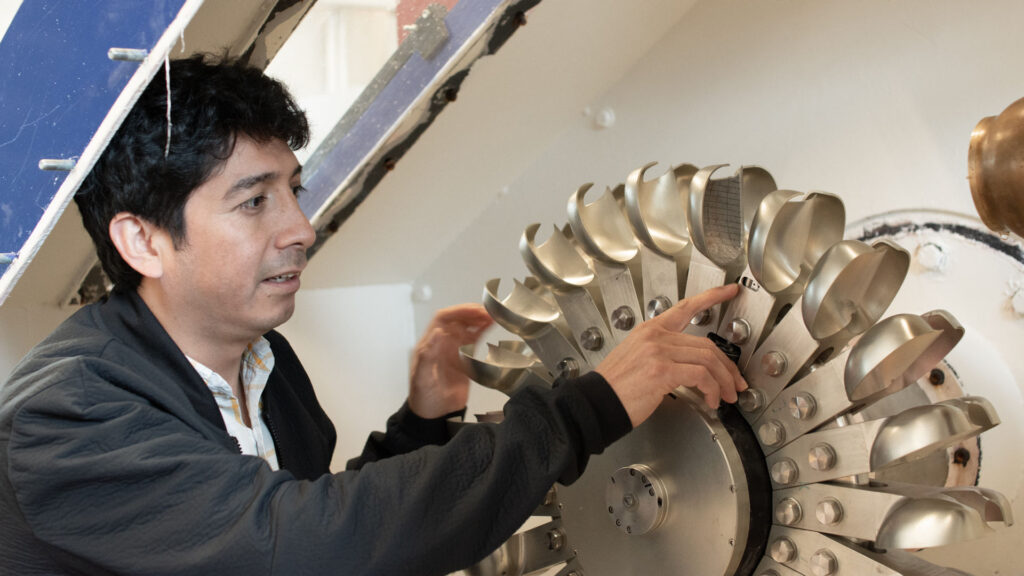
Water turbines must live longer
Jim Abregu believes that we are working in the right direction to support a better world with green energy by increasing turbine lifetimes.
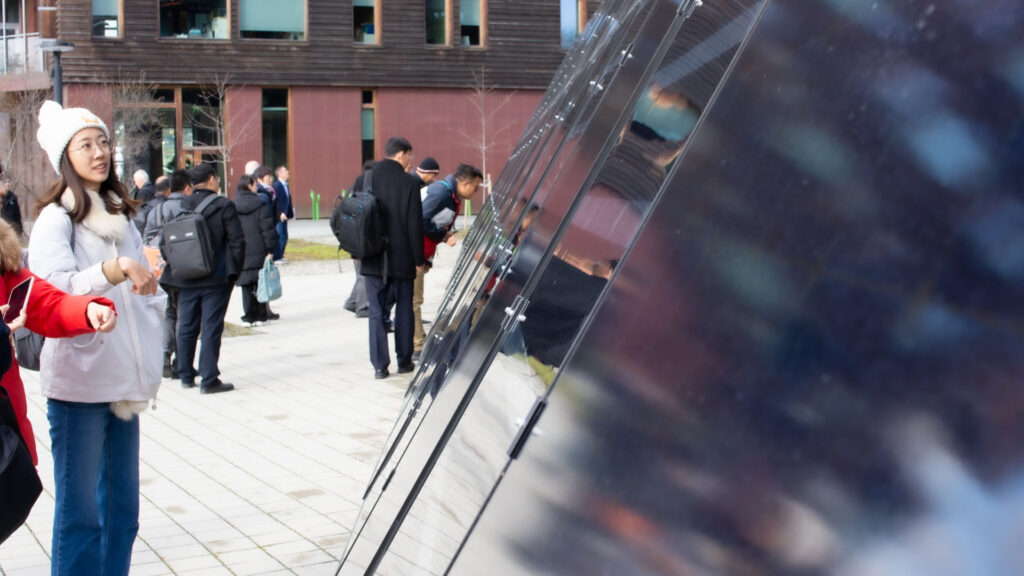
Aiming for more environmentally friendly buildings and neighborhoods
Collaboration between Chinese and Norwegian researchers has yielded valuable insights, including the utilization of ground source heat pumps in Scandinavia and beyond.
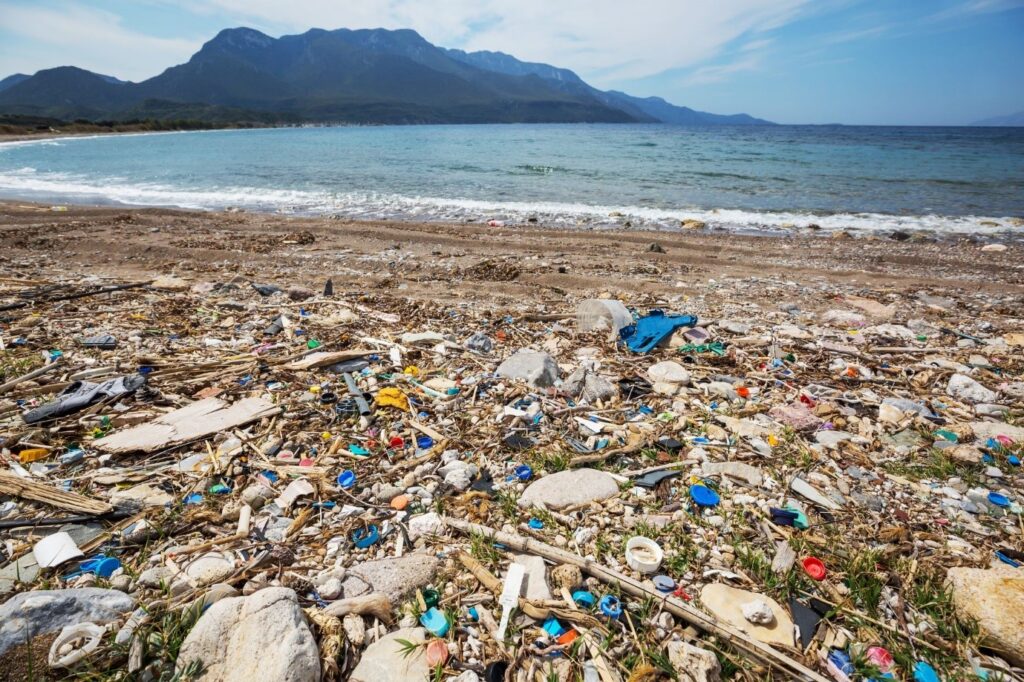
Plastics: the ocean cannot live with it, and we cannot live without it
Polymers have transformed our lives [1] . We have been benefiting from them since approximately 1600 BC when natural rubber was first discovered. However, plastic products are often mismanaged once they reach the end of life. The solutions we need rely on a whole systemic and structural change within the plastic system.
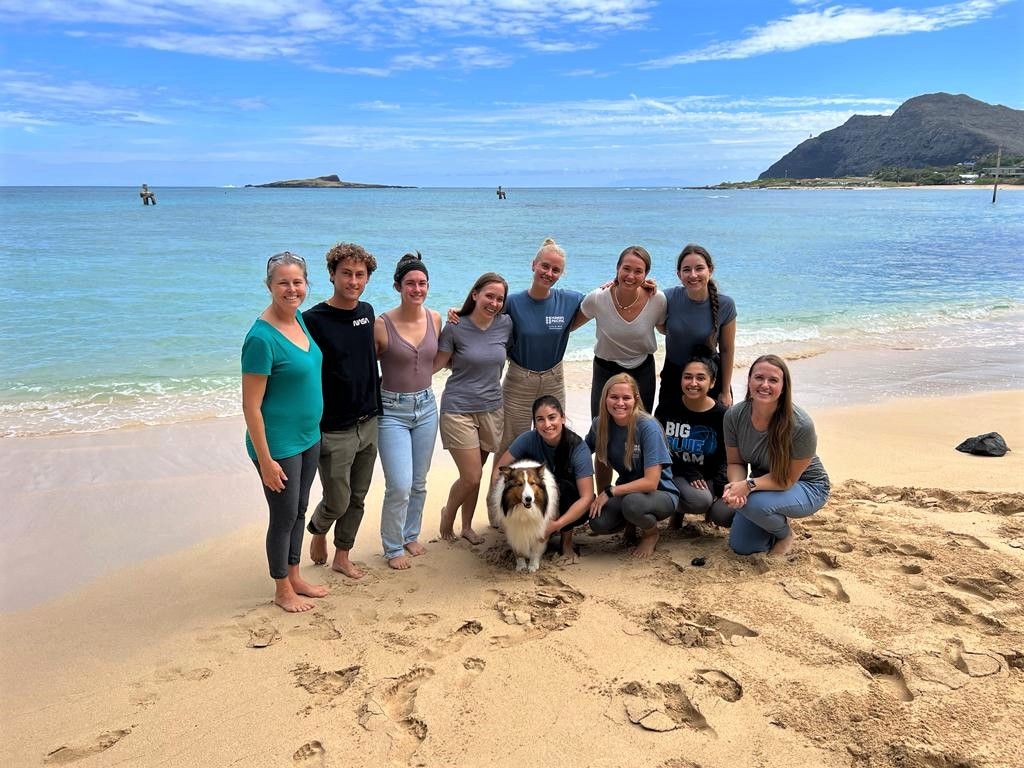
Aloha from Hawai’i: Turtles and fishing line entanglements
During the fall semester I got the opportunity to do a research stay with the Center for Marine Debris Research (CMDR) on Oahu, Hawai’i. One of the aims was to get to know the plastic debris researchers and their work, and collaborate on a project involving plastic debris entanglements of wildlife by gathering data from local organizations.
